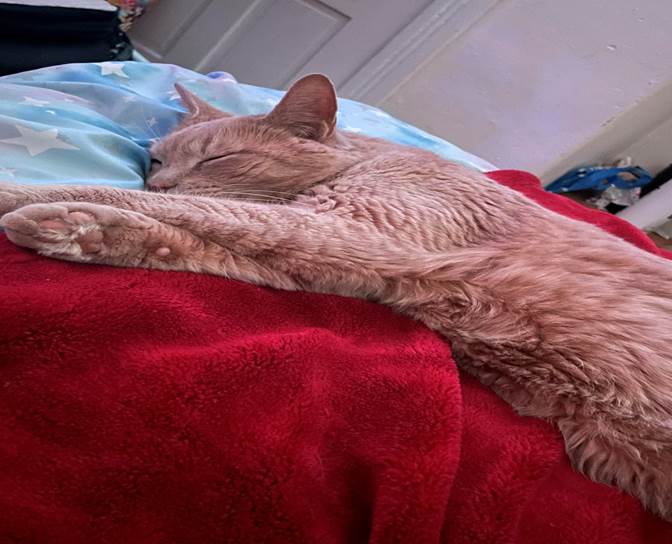Her name was Clementine, though she didn’t know it yet. To the staff at the busy city shelter, she was simply the tortoiseshell in cage B-14, one of dozens of beautiful, deserving faces waiting behind glass and steel. But to anyone who stopped to really look, Clementine was utterly unique.
She carried the weight of her loneliness like a physical burden. Many animals in shelters display curiosity or playful mischief, or perhaps fear that manifests as hiding. Clementine exhibited a deep, heartbreaking sadness. When visitors walked by, she wouldn’t bat a paw at a toy or rub against the bars. Instead, she would sit perfectly still, her small body hunched, and stare out.
It was in her eyes that the true tragedy lay. Clementine had large, luminous green eyes, framed by markings that only amplified their expression. The shelter was noisy, cold, and smelled perpetually of disinfectant. It was the antithesis of a home. And Clementine seemed to absorb all that misery into her gaze.

On the worst days—when the lobby was quiet, the volunteers were busy, and the knowledge that another weekend was passing without a chance—her eyes would well up. They weren’t tears in the human sense, but the moisture collecting on her lower lids looked exactly like the pooling sorrow of a soul pushed to its limits. She seemed to be on the verge of crying, a silent, desperate plea for rescue that no sound could ever convey.
The shelter staff adored her and tried everything. They gave her soft blankets, quiet time, and extra treats. But Clementine remained a quiet, fragile spirit, clinging to the slim hope that someone, anyone, would look past the bustling crowds and truly see her.
It was late Saturday afternoon, the kind of time when adoption traffic slows and the animals start to resign themselves to another night in the cages. A quiet couple, Sarah and Mark, walked slowly down the cat corridor. They weren’t looking for a kitten or a specific breed; they were looking for a companion, an animal who needed them as much as they needed it.
Mark stopped first. He’d walked past B-14 initially, drawn to a more energetic tabby. But Sarah, whose eyes were always searching for the quiet ones, paused.
“Mark, look at her,” Sarah whispered, pointing to Clementine.
Clementine was sitting in her usual spot, nose nearly touching the wire, her eyes wide and wet. The look she gave them was not curiosity, or even hope, but a profound vulnerability—a question, “Is it you?”

Mark knelt down, looking directly into those extraordinary, tearful green eyes. He saw not a stray, but a gentle soul on the brink of despair. He saw the history of loss and the urgent need for safety. He didn’t see a typical cat; he saw a person-shaped hole in their quiet home.
He reached a finger to the wire, and this time, Clementine didn’t retreat. She pressed her face gently against his finger, a tiny, almost imperceptible rub. It was an answer.
The adoption paperwork was a blur of excited anticipation. Sarah and Mark named her Willow, for the way her quiet grief seemed to droop around her, waiting to be lifted. When the cage door finally swung open, Willow stepped out cautiously, but she did not hide.
The moment Sarah picked her up, something fundamental shifted. Willow, who had been stiff with fear for months, melted. She wrapped her paws loosely around Sarah’s arm and tucked her face right into the warm, scented space beneath Sarah’s chin. It was an instant, total surrender. The years of anxiety seemed to dissipate in that one, secure moment.
The first drive home was silent, save for the rhythmic purring emanating from the carrier. The sadness was gone, replaced by a deep, rumbling gratitude.

Willow’s transformation was immediate and absolute. Stepping out of the carrier into her new home felt like walking out of a gray, muted world and into one saturated with color and warmth.
She spent the first hour exploring, not with frantic anxiety, but with quiet, deliberate curiosity. She sniffed the soft rug, rubbed her face against the sun-warmed window sill, and finally, approved of the new, pristine food and water bowls.
But her favorite part was the couch. She climbed onto the plush cushion, circled once, and then, for the very first time in what must have felt like a lifetime, she stretched out. She didn’t curl up tightly for protection; she sprawled, confident and exposed, knowing she was safe.
Later that evening, Mark settled down with a book. Willow immediately abandoned her nap and trotted over, jumping gracefully onto his lap. She kneaded a soft patch of his worn jeans, purring so loudly the vibrations traveled straight through the fabric. Then, she looked up at him, her eyes clear, bright, and utterly free of fear.

That night, Willow slept not on the floor or under the bed, but nestled between Sarah and Mark, stretched out long and luxurious on a fleece blanket. Her breathing was deep and even. The sadness that had once clouded her beautiful green eyes was replaced by a look of perfect peace. She wasn’t waiting anymore; she was finally home.
The journey from B-14 to a beloved family pet was a testament to the fact that even the most fragile, most heartbroken souls can be healed with just one moment of recognition. Willow’s life changed the instant two people saw the truth behind her tearful gaze, answering her silent, desperate plea with an open door and an endless supply of love.


